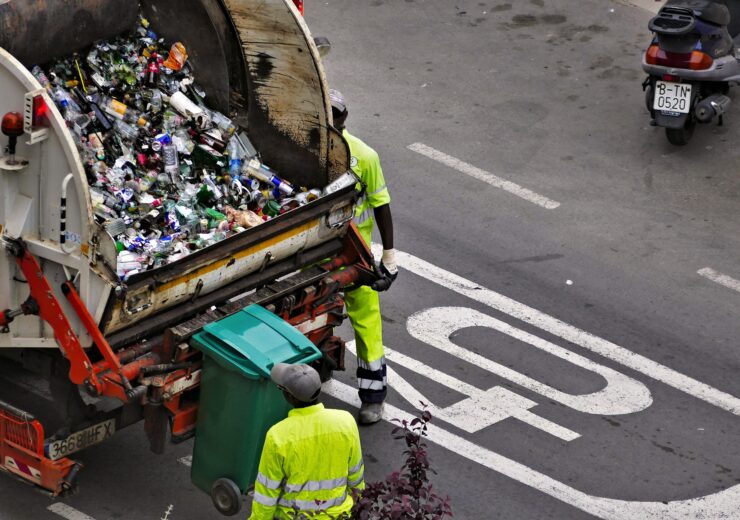The plant is expected to have the capacity to recycle around 160,000 tonnes of difficult-to-recycle polyester waste per annum

Many brands are signing letters of intent for multiyear supply agreements from this facility. (Credit: zibik from Pixabay)
Advanced materials and speciality additives firm Eastman has announced that it is in talks with Port-Jérôme-sur-Seine, a municipality located in Normandy, France, to establish a molecular recycling plant that will entail an investment of up to $1bn.
Eastman intends to develop the world’s biggest material-to-material molecular recycling plant with the capacity to recycle around 160,000 tonnes of difficult-to-recycle polyester waste per annum.
The investment will create 350 direct employment opportunities and 1,500 indirect jobs in recycling, energy and infrastructure and thus enabling France to shift towards the circular economy.
The firm’s investment was jointly announced by Eastman Board Chair and CEO Mark Costa and French President Emmanuel Macron in January this year.
Eastman chose Port-Jérôme-sur-Seine in Normandy from the list of three potential locations because of its proximity of supply to waste polyester for feedstock, enough space, available workforce and presence of needed infrastructure.
The facility is expected to be operational by 2025.
Eastman board chair and CEO Mark Costa said: “We conducted a very thorough assessment process of three excellent candidate sites and selected Port-Jérôme-sur-Seine because it offered the essential elements for constructing and operating a facility of this magnitude.
“Only two months have passed since I met with President Emmanuel Macron in January, and we continue to be impressed by the collaboration that is making rapid progress possible.
“We are grateful for the efforts of the national, regional, and local governments; state agencies; and development authorities.”
The company said that the facility will have all the necessary technology to build a true circular economy for plastics. The site will include on-site polymerisation to sort and recycle hard-to-recycle polyester waste, depolymerise it and produce recycled PET, all at a single location.
Eastman expects to reduce the costs for end products with recycled materials and lower the country’s carbon emissions by reducing dependency on imported fossil-fuel based products.
Earlier this week, Eastman joined the cross-industry alliance, 4evergreen to focus on the circularity of fibre-based packaging.
